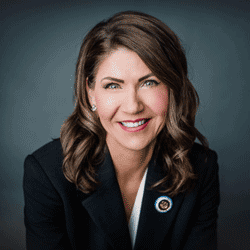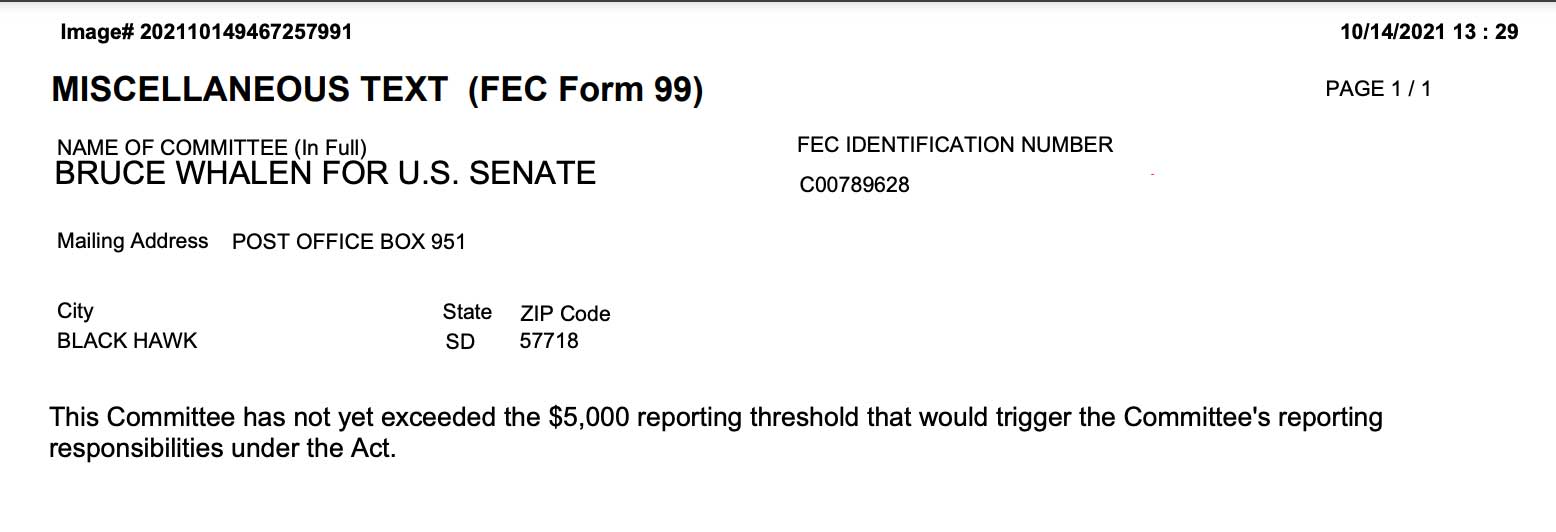Guest Column: Senate Redistricting Committee updates on progress of redistricting meetings
Senate Redistricting Committee updates on progress of redistricting meetings
by Senate Redistricting Committee
The House and Senate Legislative Redistricting Committees spent three days traveling across South Dakota to take public input on what the state’s new legislative districts should look like. We started at 8:00 a.m. on Monday in Rapid City and ended at 8:30 p.m. on Wednesday in Sioux Falls. We traveled over 1,100 miles, making stops in Mission, Mobridge, Aberdeen, and Watertown along the way. More than 200 people attended our listening sessions. We heard from about 100 people who took time to weigh in on South Dakota’s future legislative districts.
Several key themes emerged from public comments:
Many people indicated they generally like their current legislative districts. As we move forward, we are trying to preserve the core of the current districts as much as possible. Because of changes in South Dakota’s population – an increase of about nine percent over the past ten years, primarily in the southeast part of the state – we know that at least 34 of the state’s 35 legislative districts will need to change to comply with our constitutional requirement of one person, one vote. The only district that doesn’t need any alteration is the one encompassing Lawrence County, which grew at the right pace to comprise a legislative district.
Voters and county auditors would like counties to be left whole where possible. According to the census, seven of our state’s 66 counties are too large to fit within one legislative district. Brookings, Brown, Codington, Lincoln, Meade, Minnehaha, and Pennington counties will have to be split into more than one district, to satisfy the constitution’s equal protection clause. As we work to assign the rest of the state into logical legislative districts, we are trying to minimize splitting any of the remaining counties as much as possible.
There were many comments about keeping urban districts as urban as possible, and rural districts as rural as possible, particularly near Sioux Falls. The U.S. Census Bureau defines an urban area as 2,500 residents or more. As the Senate looks at growth patterns along the I-29 corridor, we are working to keep the urban districts as compact as possible, and the rural districts as rural as possible.
We heard from the Native American community about protecting minority voting rights. One of the ways our committee is addressing this is to follow the current boundaries for Districts 26, 27, and 28 as much as possible to meet the requirements of the Federal Voting Rights Act, while also meeting population requirements as required by the Constitution.
Protecting communities of interest is another theme that emerged from our listening sessions. While this concept is not clearly defined in law, we heard how citizens see their local community of interest. As our state becomes more diverse, we expect this conversation to continue.
Over the next few weeks we will be working to incorporate these suggestions into a proposal for legislators to consider during the Special Session on Redistricting, set for November 8-9 in Pierre. Our over-arching goal is to develop a map that meets our constitutional obligations and statutory guidance, and is fair for the residents of our state.
Proposed maps are available for the public to view at sdlegislature.gov. Additional thoughts and ideas can be emailed to [email protected].



